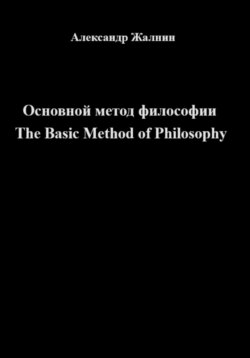Читать книгу Основной метод философии The Basic Method of Philosophy - Александр Жалнин - Страница 6
Philosophizing and brain function
ОглавлениеA change in the states of the functioning of consciousness – subjective and objective – is, on the other hand, a change in the mode of functioning of the brain. In the mode of objective functioning, the brain adapts to the object of cognition, while in the mode of subjective functioning, the brain adapts the object of cognition to itself. The adaptation of the brain to the object of cognition is its physical transformation (or, what is the same, a change in its functioning), no matter how it is explained from the standpoint of the sciences that study the brain. Adaptation of the object of knowledge to the brain is a physical transformation of the part of the brain that contains a conceivable analogue of the object of knowledge.
Thus, the physical functioning of the brain is the alternating phases of brain change – the change of the whole depending on its part and vice versa, the change of its part in accordance with its whole. Replacing each other, these phases lead to an ever closer harmony between the whole and the part, and the moment of the end of cognition from the position of the brain is the moment of complete bringing the whole and the part to harmony.
From the point of view of subjective perception, such phase work of the brain is a change in the degree of understanding of the subject of comprehension – from the first impression, image, scheme, to a complete reconstruction of the object of knowledge. Subjectively, the process of cognition of a particular phenomenon ends when it has been decomposed into the maximum possible number of its constituent elements, and then recreated in the form of its concept – a mental construct (which can be both in the form of signs, and images, sounds, etc.).
At the same time, the process of decomposition into elements and reconstruction does not proceed linearly, but cyclically – each step of decomposition into large elements corresponds to a step of reconstruction from large elements, each next step of decomposition into smaller elements corresponds to a step of recreating the whole from these smaller elements, and so on up to to the limit of decomposition.
In this process, a cognizable object arises from non-existence and gradually acquires smaller and smaller features, each time moving from the objective area (when consciousness adapts to it) to the subjective area – when consciousness tries to integrate it into itself. Or, in other words, when the process of cognition reveals more deeply its subjective and objective sides in their phase mutual transition.
